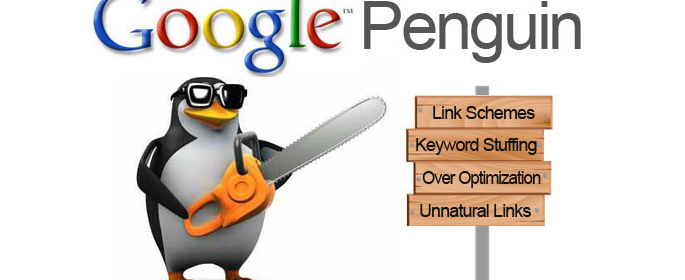The latest Google update explained

Google releases updates to its search engine algorithms more often than many people realise. Searchers probably do not notice a difference, but for website owners the changes can play havoc with their rankings on the results pages. It is therefore important that any business with a website stays abreast of the latest developments in search engine algorithms and gets to grips with what they mean for their online performance and web analytics data.
Recently, Google released Penguin 3.0, an update to its algorithms and rankings factors, and this could impact many websites. The trouble is that it is not always obvious what has changed or what the effect is.
It is important to point out that the name – Penguin 3.0 – and the fact that it came a year after Penguin 2.1 – are not necessarily indicators of the size or extent of the update. No-one really knows what has changed except Google – we can only make conclusions based on what we can see has happened – and just because it has taken a year for an update to arrive does not necessarily mean it is hard-hitting.
Around the web, experts have suggested that the latest Penguin update has affected less than 1% of US/English search queries and that it is not so much a change in algorithms as a refresh of data. The initial impact certainly seems to be relatively small, with no massive peak in differences on the day of release.
Of course, the other problem is that search engine rankings are a dynamic thing anyway – they can, and do change frequently as website owners add new pages, news sites publish stories, blogs generate additional backlinks, chatter increases on social media, marketing campaigns take effect and so on.
The key thing to take note of is how your site has been impacted. What Penguin 3.0 means for the rest of the web is interesting, but probably won’t affect your visitor and conversion rates. It is vital that web developers and SEO experts stay closely in touch with what is happening with the search engines and keep track of their specific data over time. This is by far the best way to assess performance in relation to updates and will give a clear picture of what needs to be changed and when in order to deal with search engine changes. Everything you do to update and alter your website should be done with a clear goal and solid tactics in mind to ensure that it is relevant to both human and search engine bot visitors. Keeping your pages full of fresh, informative and engaging content; being active on social media and working on effective and responsible PR and marketing campaigns will remain the best way to gain solid rankings.
